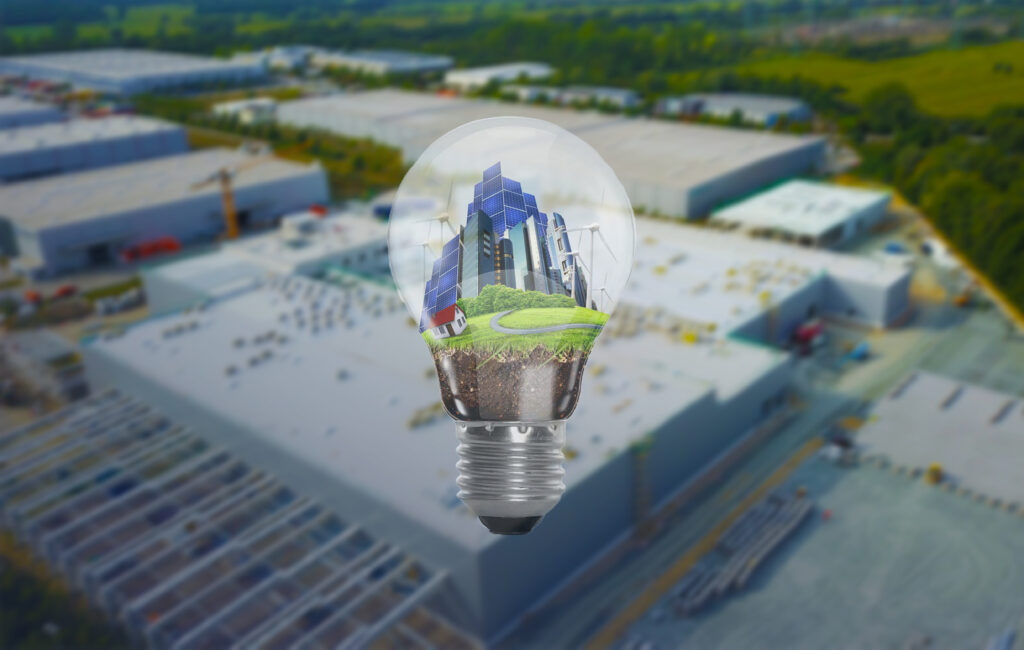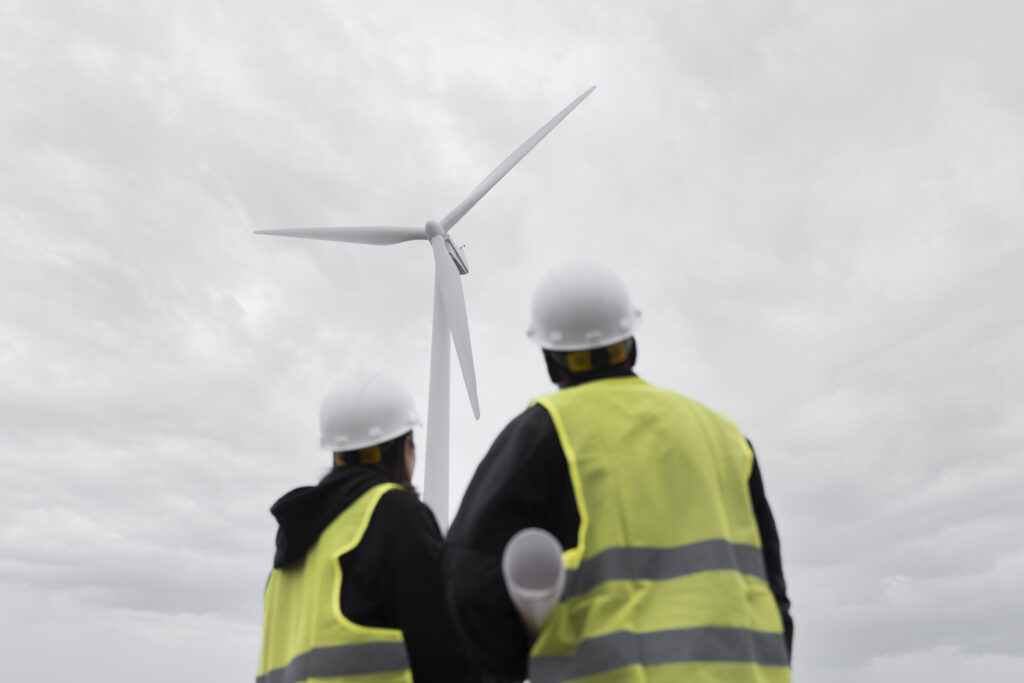Sustainability in Industrial Projects

To kick at an open door: sustainability in industry is more important than ever, with ecological and political drivers pushing industries to a common conclusion. The reduction of emissions and energy consumption is no longer just a nice-to-have objective. More and more companies are not only reaching for energy reduction targets but are clearly stating their desire to achieve carbon neutrality. A term which is no longer the latest fashionable buzzword but is also actually driving change on a significant scale within industrial environments. Furthermore, it is adding new factors to the emission reduction equation since electrification, to name one, becomes an important technology to achieve the required emission reductions.
Electrification requires fossil fuel – based processes to be transformed into green electricity-driven processes. This is not limited to a boiler house or any other on-site utility generation but also takes place at the actual production line.
Stijn Van Gysel
Project Manager – Energy & Utilities Engineer
This imposes significant challenges for decision makers within industrial environments. How can I electrify my processes or buildings? What other options do I have, like heat recovery and how does this go hand-in-hand with electrification? What impact does this have on my current or future on-site utility generation? What is the impact on my OPEX costs like energy, carbon credit and maintenance costs? What would be the expected investment cost and what are the technical risks? How long would it take to complete the transformation? What will the results be on my emission metrics? Will I achieve my goals?

Based on the engineering and project management experience of Blue Projects in diverse industries and companies, we naturally developed a practical and holistic step – by step approach to map out the road towards a defined sustainability goal.
This focusses on scope 1 & 2 emissions, being the emissions associated with on-site fuel combustion and from purchased energy. This with the goal to not only support our clients with defining options and a plan, but also during the project execution phase. In fact, it’s this experience in the execution phase that enable us to define realistic and achievable solutions.
In our methodology, the road to achieving success in the field of sustainability exists of 5 steps:
- Analysis & identification: we make energy balances, gather knowledge, identify specific options and define KPI’s to make it all measurable. No stone is left unturned, but we keep practicality in mind.
- Feasibility and masterplan: we distinguish between the good options, the very good options, and the not so good options. We take expected costs, revenues, and the future challenges of the site in mind and define what will make it to the masterplan and what not, in order to make it achievable. We provide simple but effective glidepaths and dashboards to quantify the impact of the selected measures and to visualize a timeline.
- We engineer the projects as per the defined plan because that is what we do.
- We manage the project, because yes: that is also what we do
- We start-up the installation and validate the results so that all measures deliver as expected.

Since large industries are big energy consumers, it should go without saying that these industries should take up a pioneering role in the energy transformation landscape. This will require expertise, determination and unfortunately hitting the occasional wall. Regardless of political policy makers, engineers, technical managers and operational managers define and execute actions there were it matters and where it drives sustainable changes. No matter which approach is most suited for your specific needs, we thank you for taking up this challenge and make the difference!